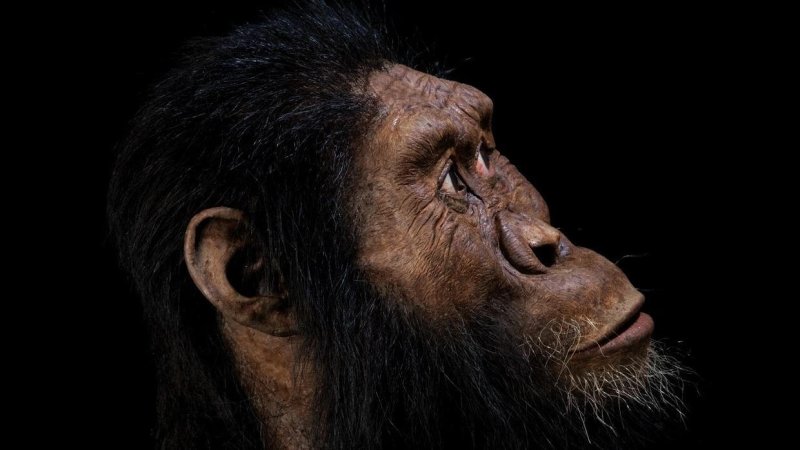In recent years, anthropologists around the world have discovered new human ancestors, figured out what happened to the Neanderthals, and pushed back the age of the earliest member of our species.
Taken together, these breakthroughs suggest that many of our previous ideas about the human origin story — who we are and where we came from — were wrong.
…
[R]ather than outcompeting and eliminating our ancient Neanderthal cousins, modern humans interbred with them extensively.Geneticists finished sequencing the entire Neanderthal genome in 2010. That led them to realize that Neanderthals interbred with modern humans quite a bit. The idea that Homo sapiens killed off and replaced the Neanderthals was eschewed in favor of the hypothesis that the two species became one.
It turns out that Homo sapiens interbred with another human ancestor species, Denisovans, as well.
…
Before these recent findings, anthropologists thought our ancestors left the African continent in one mass exodus about 60,000 years ago.
But according to a study from 2017, the first Homo sapiens may have left Africa and started migrating into Asia more than 120,000 years ago — far earlier than scientists had thought.
Read full, original post: A handful of recent discoveries have shattered anthropologists’ picture of where humans came from, and when































